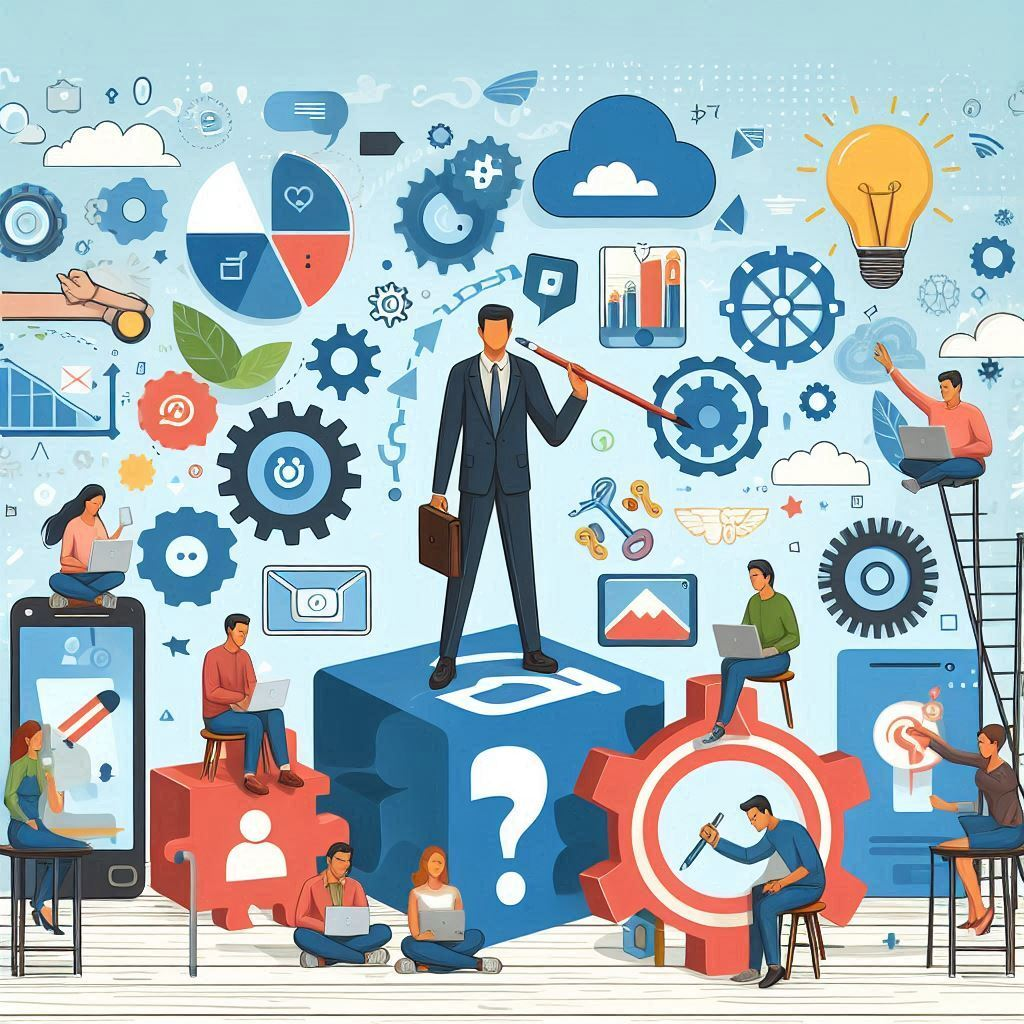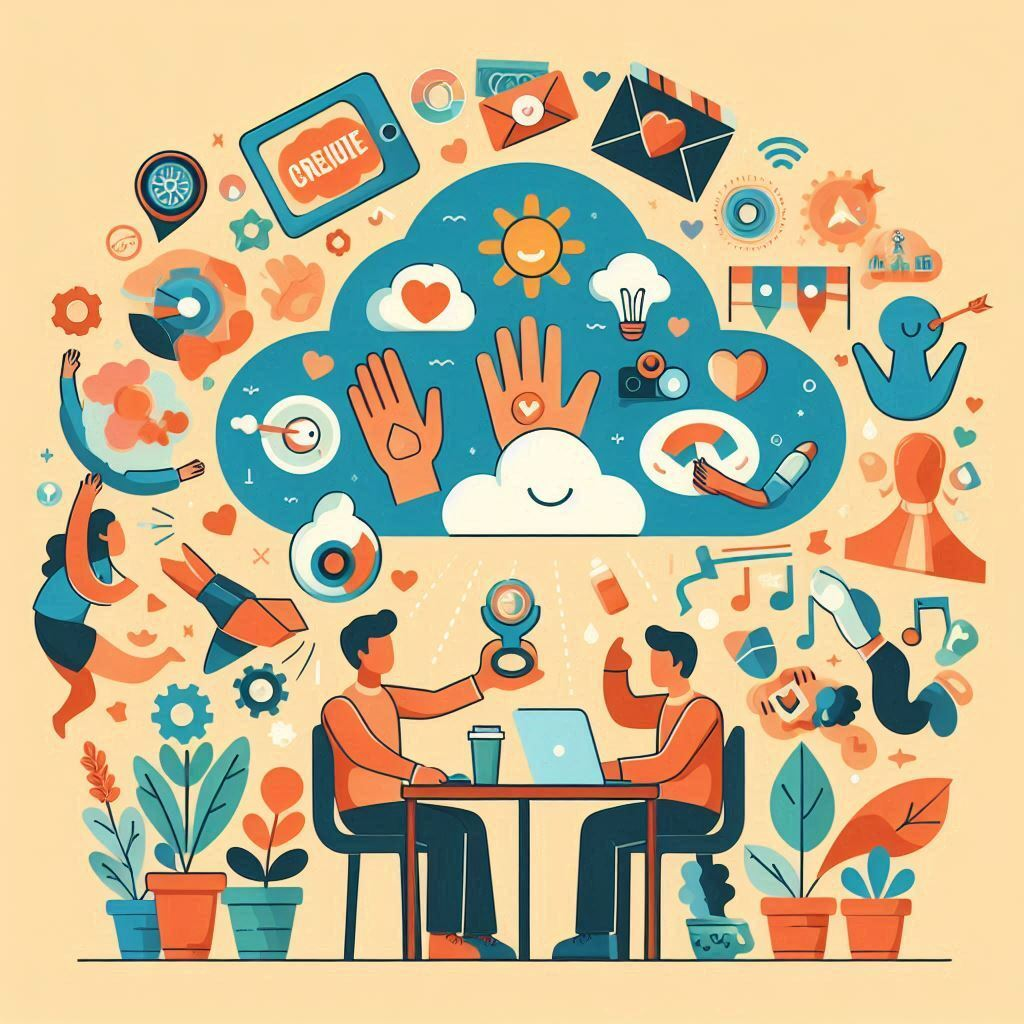
8 Methods for Developing Better Social Interaction Skills
Improving your social interaction skills can significantly enhance your personal and professional life. Whether you’re looking to build new friendships or improve your communication in the workplace, here are eight effective methods to help you develop better social interaction skills.
1. Active Listening
Importance of Active Listening
- Understanding Others: Active listening involves fully concentrating, understanding, responding, and remembering what the other person is saying.
- Building Trust: When people feel heard, they are more likely to trust and connect with you.
How to Practice Active Listening
- Maintain eye contact to show engagement.
- Nod or use verbal affirmations like “I see” or “That’s interesting.”
- Avoid interrupting; wait for the speaker to finish before responding.
2. Non-Verbal Communication
Significance of Body Language
- Expressing Emotions: Your body language can convey feelings that words may not express.
- Creating Connections: Positive body language fosters a welcoming environment.
Tips for Effective Non-Verbal Communication
- Use open body posture; avoid crossing your arms.
- Smile genuinely to create a friendly atmosphere.
- Pay attention to your tone of voice; it should match the message you want to convey.
3. Empathy Development
Why Empathy Matters
- Relating to Others: Empathy allows you to understand and share the feelings of another person.
- Conflict Resolution: It helps in defusing tense situations by acknowledging others’ feelings.
Steps to Enhance Empathy
- Put yourself in others’ shoes; ask how they might feel in a situation.
- Practice mindfulness to better understand your own emotions and reactions.
- Engage in conversations about feelings and experiences.
4. Practice Small Talk
The Role of Small Talk
- Breaking the Ice: Small talk can ease tension in new social situations.
- Building Rapport: It helps in establishing a connection with others.
Techniques for Small Talk
- Start with open-ended questions, such as “What do you think about this event?”
- Use situational observations; comment on the environment or shared experiences.
- Be genuinely interested in others’ responses and follow up with related questions.
5. Join Social Groups or Clubs
Benefits of Social Groups
- Meeting New People: Groups provide opportunities to connect with individuals who share your interests.
- Improving Skills: Regular interaction helps enhance your social skills over time.
Ways to Get Involved
- Look for local clubs, such as book clubs, sports teams, or hobby groups.
- Participate in community events or workshops.
- Volunteer for causes that resonate with you, allowing for meaningful interactions.
6. Seek Feedback
Importance of Feedback
- Identifying Strengths and Weaknesses: Feedback can help you understand how others perceive your social skills.
- Continuous Improvement: Constructive criticism can guide your growth.
How to Request Feedback
- Ask trusted friends or family members for their honest opinions about your communication style.
- Be open to suggestions and avoid becoming defensive.
- Regularly check in with others to gauge your progress.
7. Develop Confidence
Why Confidence is Key
- Positive First Impressions: Confidence can make you more approachable and attractive to others.
- Effective Communication: A confident demeanor enhances your ability to express thoughts clearly.
Building Confidence
- Practice social scenarios in low-pressure environments.
- Set small, achievable goals for social interactions.
- Celebrate your successes, no matter how small, to reinforce positive experiences.
8. Reflect and Adjust
The Value of Reflection
- Learning from Experiences: Reflecting on past interactions can help you identify what worked and what didn’t.
- Adapting Strategies: Adjusting your approach based on reflection can lead to better outcomes in future interactions.
Steps for Reflection
- After social events, take a moment to think about what went well and what could be improved.
- Keep a journal to track your experiences and insights.
- Discuss your reflections with a trusted friend to gain new perspectives.
Conclusion
Improving your social interaction skills is a gradual process that requires practice and dedication. By implementing these eight methods, you can build stronger relationships, enhance your communication abilities, and ultimately enjoy a richer social life. Remember, the key to successful interactions lies not just in what you say, but in how you engage with others. Start today, and watch your social skills flourish!



